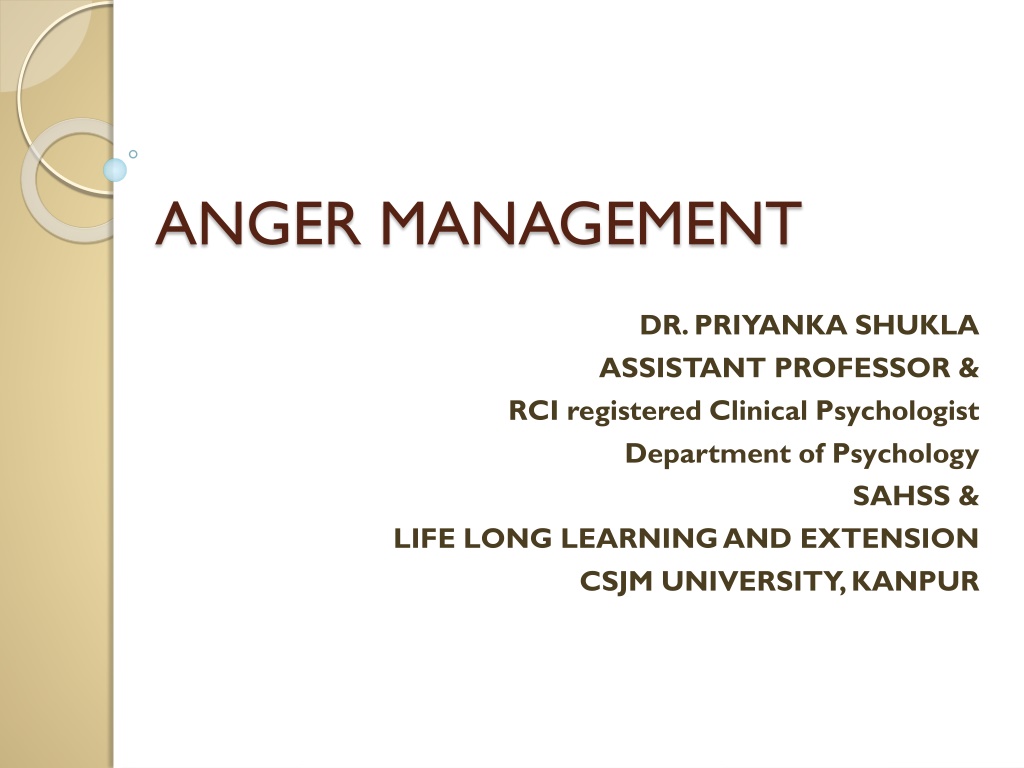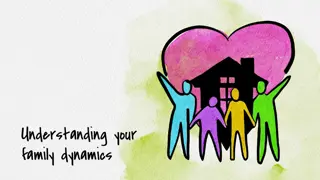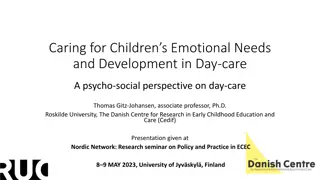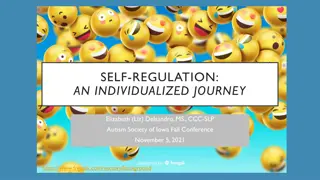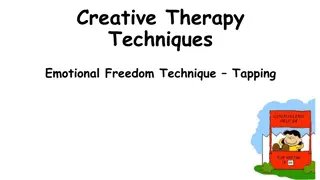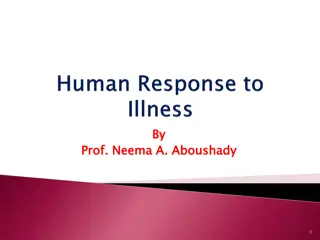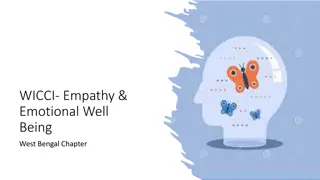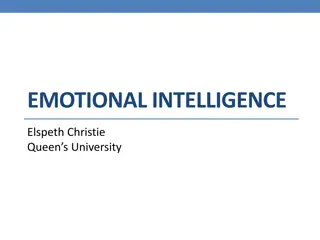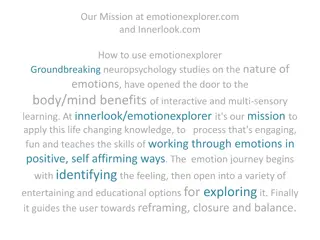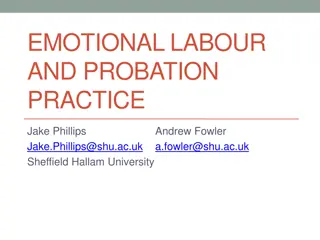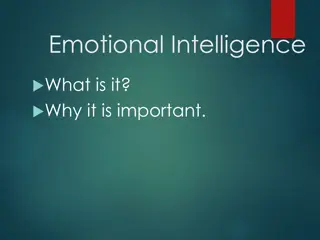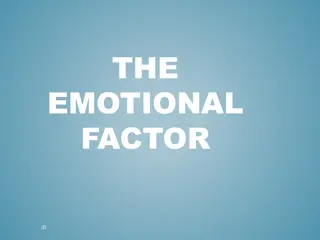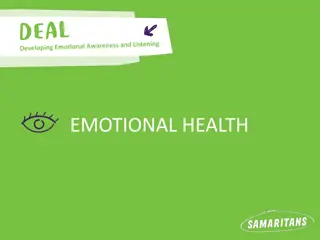Understanding and Managing Anger for Emotional Well-Being
Explore the concept of anger, its impact on individuals, and effective strategies for anger management. Learn about the triggers, thoughts, behaviors, and feelings associated with anger, as well as practical tips to navigate emotional traffic jams and cultivate a positive mindset. Discover the key principles of anger management and how to break free from the cycle of anger through self-reflection and mindfulness practices.
Download Presentation

Please find below an Image/Link to download the presentation.
The content on the website is provided AS IS for your information and personal use only. It may not be sold, licensed, or shared on other websites without obtaining consent from the author. Download presentation by click this link. If you encounter any issues during the download, it is possible that the publisher has removed the file from their server.
E N D
Presentation Transcript
ANGER MANAGEMENT DR. PRIYANKA SHUKLA ASSISTANT PROFESSOR & RCI registered Clinical Psychologist Department of Psychology SAHSS & LIFE LONG LEARNING AND EXTENSION CSJM UNIVERSITY, KANPUR
ANGER Anger Does Not Solve Anything. It Builds Nothing, But It Can Destroy Everything.
A strong feeling of being upset or annoyed because of something wrong or bad: the feeling that makes someone want to hurt other people, to shout etc. Anger is a punishment we give to our self. For somebody else s mistake.
ANGER MANAGEMENT: The 2 YES RULES: Do my goals involve changing myself rather than expecting others to change? Do my goals involve changing things that are within my control?
Emotional Traffic Jams: the five roads Triggers Physical response Thoughts Behaviors Feelings
Thoughts, Feelings & Behaviors: Automatic Negative Thoughts Emotional Mind Automatic Negative Behaviours Automatic Negative Feelings
Characteristics of the Emotional Mind: It generates automatic negative thoughts. It wants you to believe negative things about yourself, your future and your world. It s fast and furious. It likes to mislead you. It keeps you stuck in your negative emotional cycle. It often gives you the same interpretation of different triggers that, over time causes core beliefs to develop.
Automatic Positive Thoughts The Wellness Mind Automatic Positive Feelings Automatic Positive Behaviours
The Cycle of Anger Triggers (being rejected) Physical response (increased blood pressure, sweating etc) Thoughts (Life is unfair) Behaviours (Frequent fighting & arguing etc) Feelings (Irritable & annoyed)
Challenging: Take a Detour from Your Emotional Mind 1 Recognize your Life Triggers 2 Listen for your Emotional Mind 3 Identify your Core Beliefs 4 Identify your Feelings 5 STOP 6 Look & Listen: Where is the Proof? 7 Rethink 8 Re-examine your Feelings 9 React
RETHINK Protocol (Becker & Kaplan) R= Recognize when you feel angry E= Empathise with the other s viewpoint. T= Think about the situation in a new way. H= Hear what the other person is saying. I= Include respect into what you say when you are angry. N= Notice how you can calm yourself through relaxation. K= Keep your attention in solving the problem.
FEW OTHER ANGER MANAGEMENT TECHNIQUES: Think before you speak Once you are calm, express your anger Get some exercise Take a time out Identify possible solutions Don t hold a grudge Use humor to release tension Practice relaxation skills Know when to seek help
